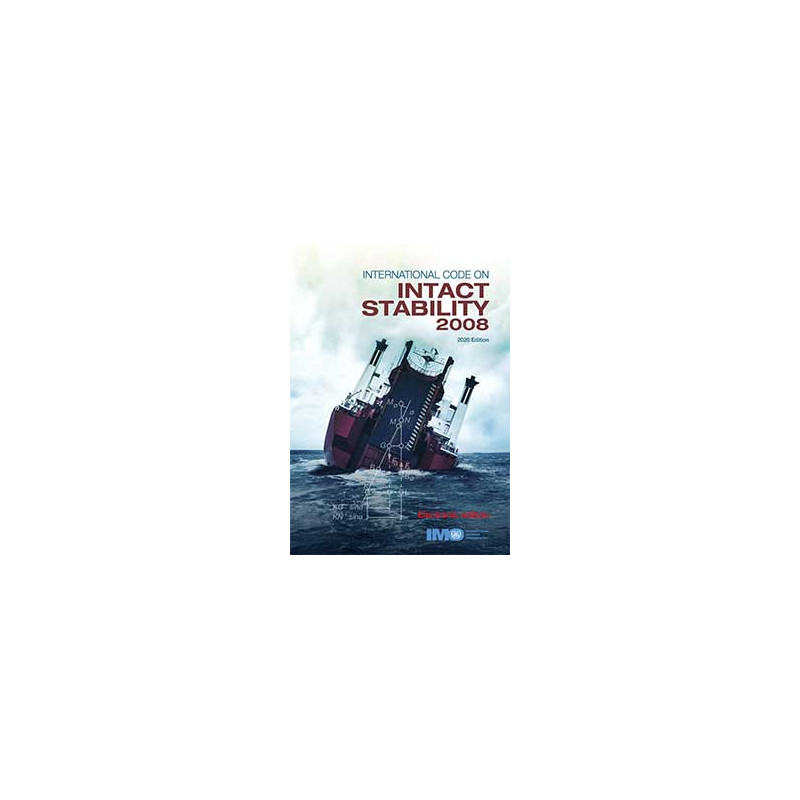- menu title
-
Custom Menu
add remove
-
Navigation
add remove
-
menu title
add remove
-
menu title
add remove
-
menu title
add remove
-
menu title
add remove
-
menu title
add remove
- menu title
-
Custom Menu
add remove
- Navigation add remove
-
menu title
add remove
-
menu title
add remove
-
menu title
add remove
-
menu title
add remove
-
menu title
add remove
e-reader: Code on Intact Stability 2008, 2020 Ed - publikacja elektroniczna
This e-reader is accessed using The IMO Bookshelf. For more information about The IMO Bookshelf, including purchasing and assigning e-reader products, please visit https://www.imo.org/en/publications/Pages/Bookshelf1.aspx
The International Code on Intact Stability, 2008 (2008 IS Code) presents mandatory and recommendatory stability criteria and other measures for ensuring the safe operation of ships, to minimize the risk to such ships, to the personnel on board and to the environment.
The 2020 Edition features:
• an update of the 2008 IS Code, including all amendments that will have entered into force on 1 January 2020;
• minor additions and amendments to the mandatory part A of the Code;
• amendments to the Code’s recommendatory part B, including substantial additions to chapter 2 on Recommended design criteria for certain types of ships and chapter 3 on Guidance in preparing stability information, as well as the provision of a new annex 3;
• criteria based on the best state-of-the-art concepts available at the time they were developed; and influences on intact stability, as contained in the previous edition; and
• Explanatory Notes and the Unified Interpretations to the 2008 IS Code.
This publication should be of interest to maritime administrations, ship manufacturers, shipping companies, education institutes and others concerned with intact stability criteria.




















 Cookies
Cookies